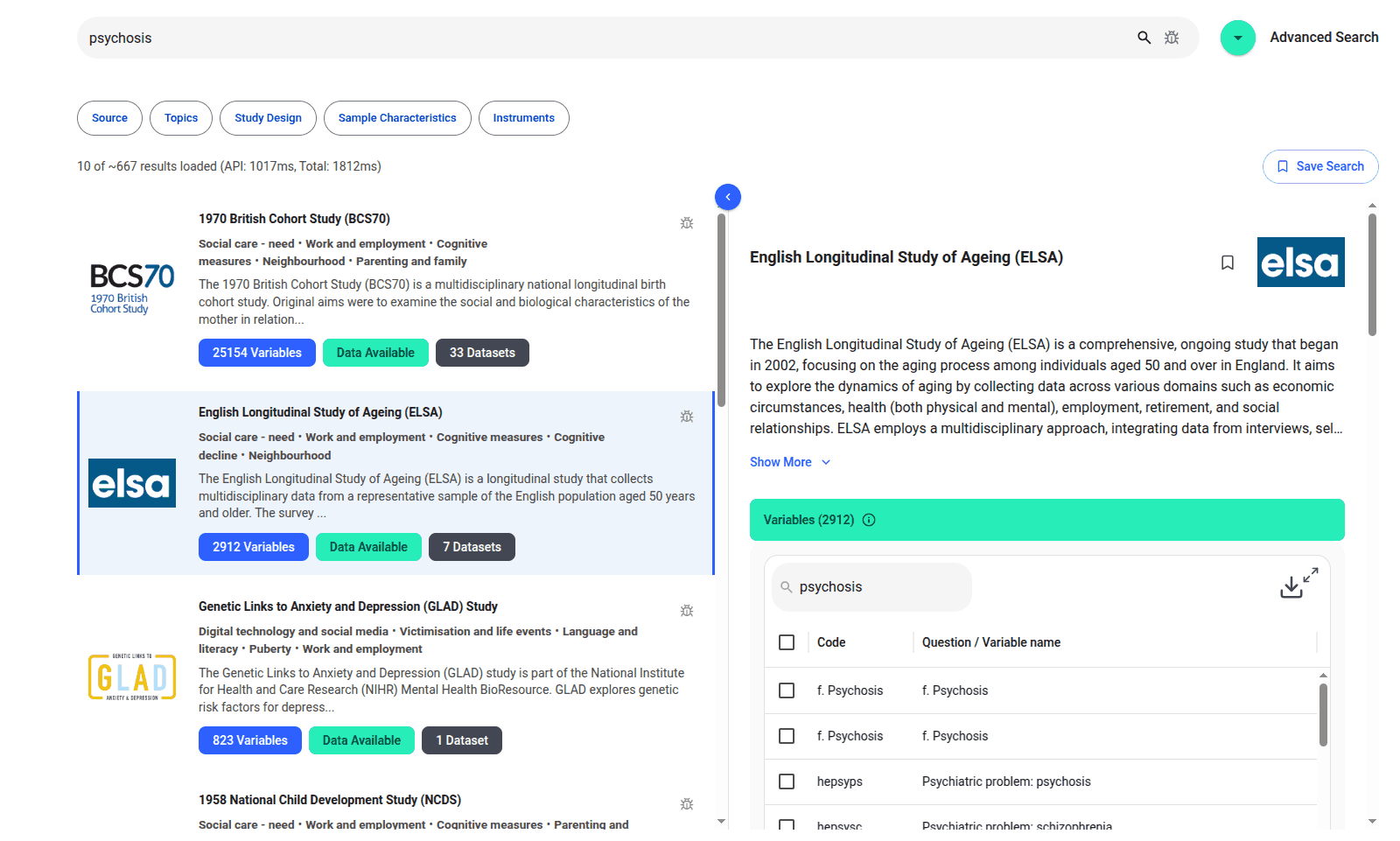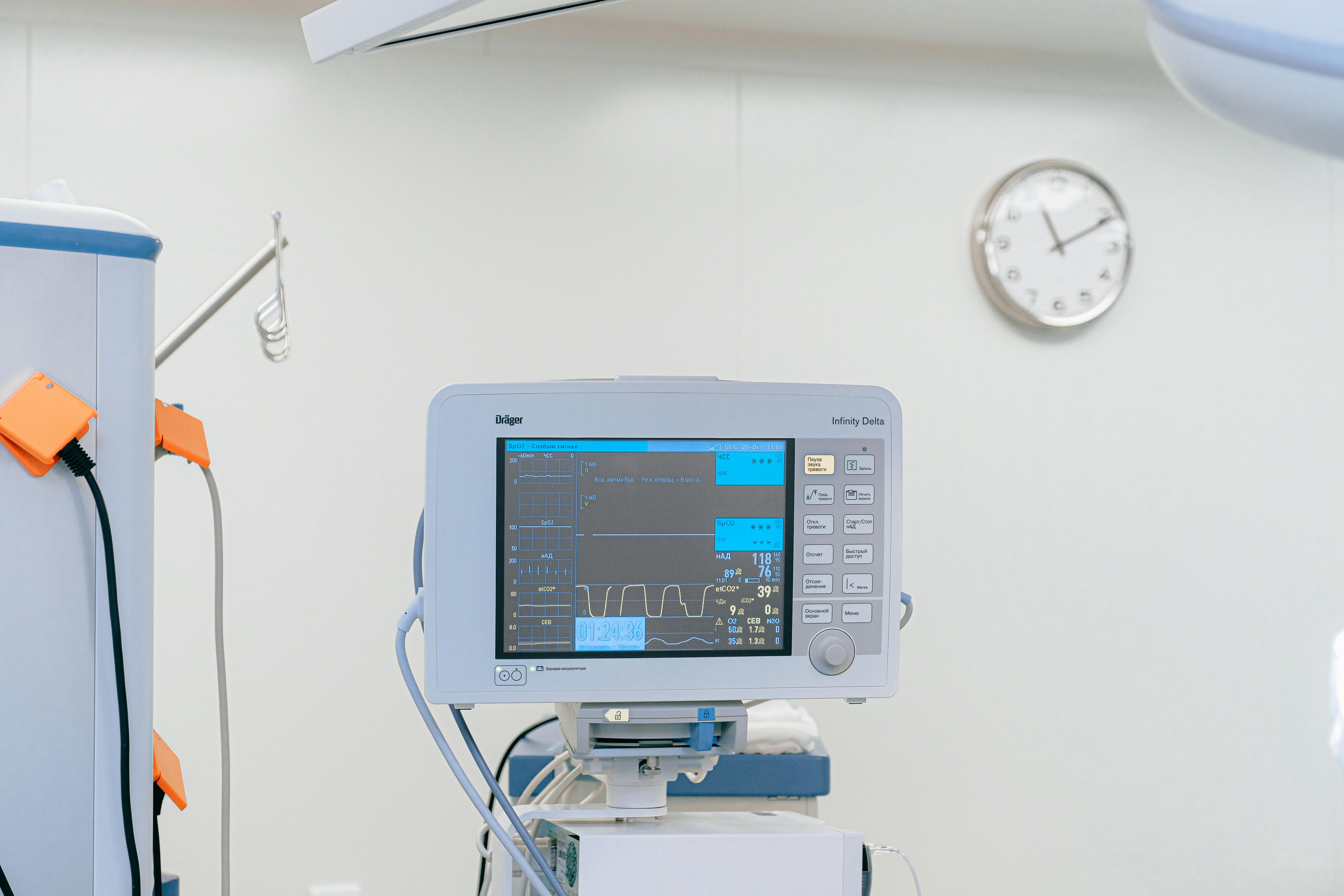
Thomas Wood of Fast Data Science appeared in a panel at the Hamlyn Symposium workshop titled “Healing Through Collaboration: Open-Source Software in Surgical, Biomedical and AI Technologies”. This was at the Hamlyn Symposium on Medical Robotics on 27th June 2025 at the Royal Geographical Society in London.
The event has speakers and panellists from academic, industry, and regulatory backgrounds, along with a call for posters, open-review proceedings, and awards.
The focus of this event is the potential of open-source software in revolutionising surgical, biomedical, and artificial intelligence. The workshop is a key part of the prestigious Hamlyn Symposium, and includes engineers, researchers, and clinicians from both academia and industry.
The Map Room in the Royal Geographic Society in South Kensington, the venue of the conference.
Here is the website for the Hamlyn Symposium:
Thomas Wood has a degree in physics, and Masters in Computer Speech, Text and Internet Technology and founded Fast Data Science in 2016. He does consulting work in NLP for healthcare and pharma, such as training NLP models to redact sensitive information from clinical trial reports. Fast Data Science is developing the Clinical Trial Risk Tool which processes clinical trial protocols (unstructured PDFs) and identifies risk factors and predicts cost, which you can try at clinicaltrialrisk.org
The power of open-source in accelerating innovation and fostering global accessibility in healthcare is undeniable. This symposium recognises this momentum, providing a crucial platform to discuss the remarkable progress made possible by collaborative efforts and the open sharing of software, algorithms, models, datasets, and documentation.
However, the rapid pace of technological advancement also brings forth significant challenges, including the need for rapid prototyping and validation, data standardisation and privacy, managing fragmented code, achieving high-performance computing in critical environments like the operating room, and keeping pace with the latest software and hardware. This workshop aims to tackle these crucial issues head-on, with a vision of evolving open-source tools into sustainable, long-term supported solutions ready for clinical application.
A highlight of the event was the panel discussion featuring a diverse group of experts, including Thomas Wood from Fast Data Science. The panellists each brought their unique perspectives to the conversation, exploring the current landscape, challenges, and future directions of open-source in healthcare.
Hamlyn Symposium
In addition to the panel, we saw a number of presentations on AI for robotic colonoscopy and other medical applications. A number of masters and PhD students from UCL had presented their research - for example, we saw a project using NLP to classify surgery outcomes into long stays vs short stays using the MIMIC III dataset.
You can find more information about this exciting event on the Hamlyn Symposium website: https://www.hamlynsymposium.org/events/healing-through-collaboration-open-source-software-in-surgical-biomedical-and-ai-technologies/
Click to read more about AI in research at Fast Data Science.
Ready to take the next step in your NLP journey? Connect with top employers seeking talent in natural language processing. Discover your dream job!
Find Your Dream Job
We are excited to introduce the new Harmony Meta platform, which we have developed over the past year. Harmony Meta connects many of the existing study catalogues and registers.

Guest post by Jay Dugad Artificial intelligence has become one of the most talked-about forces shaping modern healthcare. Machines detecting disease, systems predicting patient deterioration, and algorithms recommending personalised treatments all once sounded like science fiction but now sit inside hospitals, research labs, and GP practices across the world.

If you are developing an application that needs to interpret free-text medical notes, you might be interested in getting the best possible performance by using OpenAI, Gemini, Claude, or another large language model. But to do that, you would need to send sensitive data, such as personal healthcare data, into the third party LLM. Is this allowed?
What we can do for you